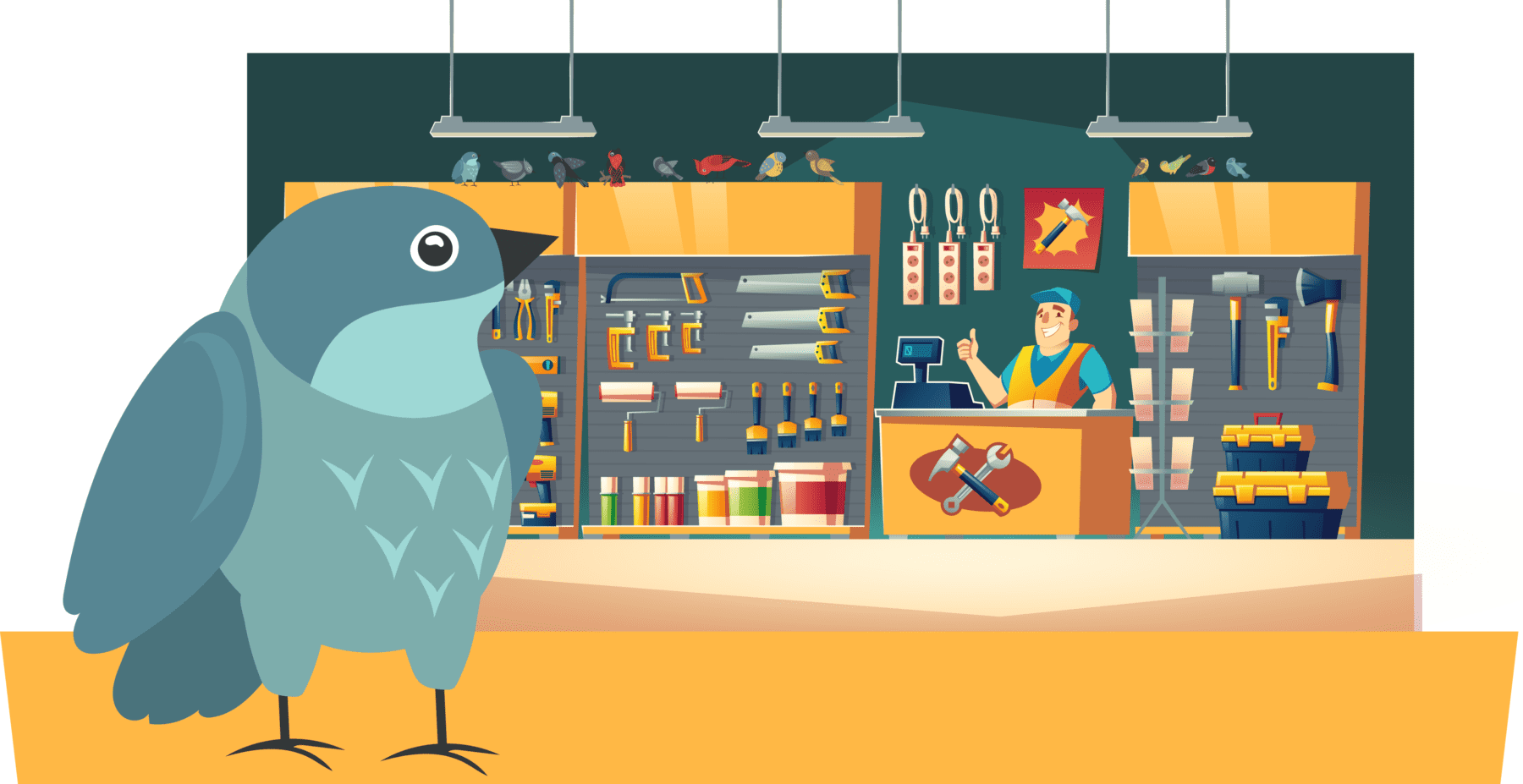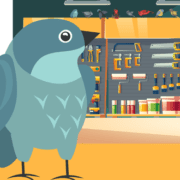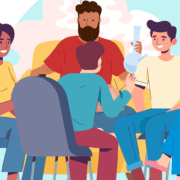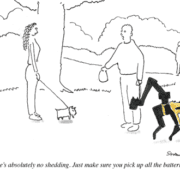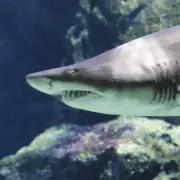Home Depot’s Updated In-Store Bird Policy
Thank you for choosing Home Depot, where doers get more done. Before you get to doing, please be advised:
By entering Home Depot, customer(s) acknowledge(s) they will encounter avian(s), henceforth referred to as “bird(s)”, and accompanying bird-borne illnesses. Home Depot store locations typically serve as a nesting site for a variety of birds for as little as 12 months a year. That’s how it’s been ever since we opened our big, orange doors.
Our In-Store Bird Policy was set forth by the agreement understood between Noah v. Jehovah:
On the Fourth Day, God created the birds. Later, after some accidents (man), God decided to powerwash Earth and called on one man (Noah) to save his most precious creation (those birds). Being a doer, Noah knew there was only one place he could go; Home Depot. Since then, hungover men, women, and birds have toiled here in harmony.
To preserve this divine order between God’s true angels (birds) and man, Home Depot has erected the following policy:
Accordingly:
If:
-
Customer(s) make(s) eye-contact with a bird, they are responsible for said bird for the duration of their shopping experience.
-
Bird(s) land(s) on an item customer is inspecting, customer must complete purchase of said item. And, if inclined, share with bird(s).
-
Bird marks (see: “defecates on”) an item near customer and customer sees this happen, customer must keep the action secret between them and the bird. There is already enough here to worry about.
Under the precedent set by Oklahoma Husky Boy Choir v. Akron Home Depot, customers in bright clothing bear the burden of any attack by bird(s).
Leaf blowers are barred from use against attacking bird/schools of birds (bird buddies). Customers must wait out the attack like God intended.
An attack (i.e. swatting away, spitting on, or swearing at, etc.) on bird(s) is considered an attack on Home Depot and will be punished to the furthest extent of the Lawn & Garden. Meaning, customer(s) will lose their succulent privileges.
Birds brought from elsewhere cannot be exchanged for birds already in store.
We reserve the right to refuse business to anyone who is presumed to be divine, an alchemist, magical, or has long sleeves for fear of adding to the store dove population.
Sparrows are not recognized as birds under this contract.
Flash photography of birds is strictly encouraged. Defecation induced by bulb-flash is the customer’s problem.
Birds should not be pointed at and at no point should the phrase “Hey look at that. Wonder how he got in here,” occur. Doers don’t do that. That bird is a she and she’s working.
If bird(s) expire and land in a customer’s cart, that customer must purchase a shovel, even if said customer already has one at home (shovel adquacay must be ensured; therefore shovel must be new), and bury bird(s). Eulogies for birds are required in Montana; Georgia; Wyoming; parts of New Mexico; and all of Guam.
Children left unattended belong to birds.
Customers are discouraged from creating their own wings out of caulk and aluminum siding. However, should a customer successfully take flight, the airborne customer is considered store manager and all inventory decisions should be routed through them.
Shopping carts may not be used to transport birds like a little bird bus. Home Depot prides itself on strong birds, thus birds must maintain continuous flight to build bird-bulk.
Birds are available for HVAC consultations in Greenwood, Mississippi.
Under this policy, bumble-bees and dragonflies count as birds. Flies are excluded. Butterflies and moths are their own thing.
Should the customer see a gull or a sea-ferring bird, that customer must purchase a Red Lobster gift card for the bird they saw. That’s what those cards are there for.
In-Store Bird Policy void in Montgomery, Alabama.
For full store In-Store Bird Policy, go into any aisle and wait for an overzealous dad or bird to appear.
